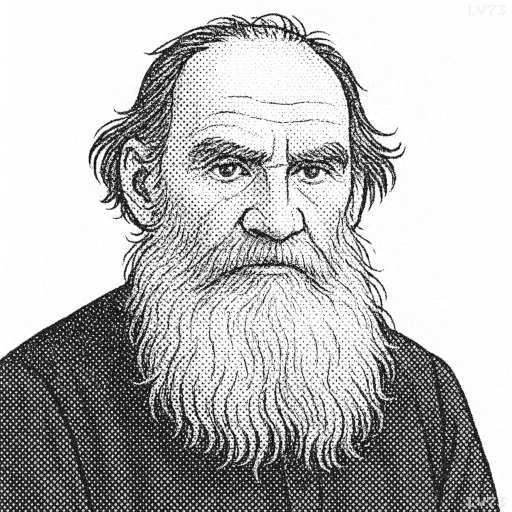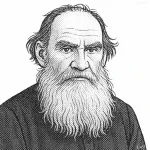“An arrogant person considers himself perfect. This is the chief harm of arrogance. It interferes with a person’s main task in life – becoming a better person.”

- September 9, 1828 – November 20, 1910
- Born in Russia
- Writer, philosopher
table of contents
Quote
“An arrogant person considers himself perfect. This is the chief harm of arrogance. It interferes with a person’s main task in life – becoming a better person.”
Explanation
In this quote, Leo Tolstoy critiques arrogance by highlighting that it leads a person to believe they are already perfect, which prevents them from self-improvement. For Tolstoy, the main task of life is not to achieve status or recognition, but to grow morally and spiritually. Arrogance, by fostering the illusion of perfection, prevents individuals from seeing their flaws and, as a result, from seeking the self-awareness and humility needed for personal growth. Arrogant individuals become stagnant in their development because they are not open to learning, changing, or improving themselves, believing that they are already as good as they need to be.
This message is still highly relevant today, particularly in a world where pride and self-assurance are often celebrated, sometimes at the expense of humility and self-reflection. Arrogance can manifest in both individuals and society, where people or groups, believing themselves to be superior, fail to acknowledge their mistakes or consider others’ perspectives. This can hinder progress, both personally and collectively, because it limits the ability to grow and improve. For instance, leaders or influential figures who refuse to reflect on their actions may make decisions that harm others, simply because they do not see the need to change.
Tolstoy’s own life and philosophy were rooted in humility and the continuous striving to improve morally and spiritually. His later works, particularly The Kingdom of God Is Within You, stress the importance of self-examination and the rejection of pride as essential to living a virtuous and meaningful life. This quote serves as a reminder that true growth comes not from boasting of one’s perfection, but from recognizing imperfections and actively working to become a better, more compassionate person.
Would you like to share your impressions or related stories about this quote in the comments section?




